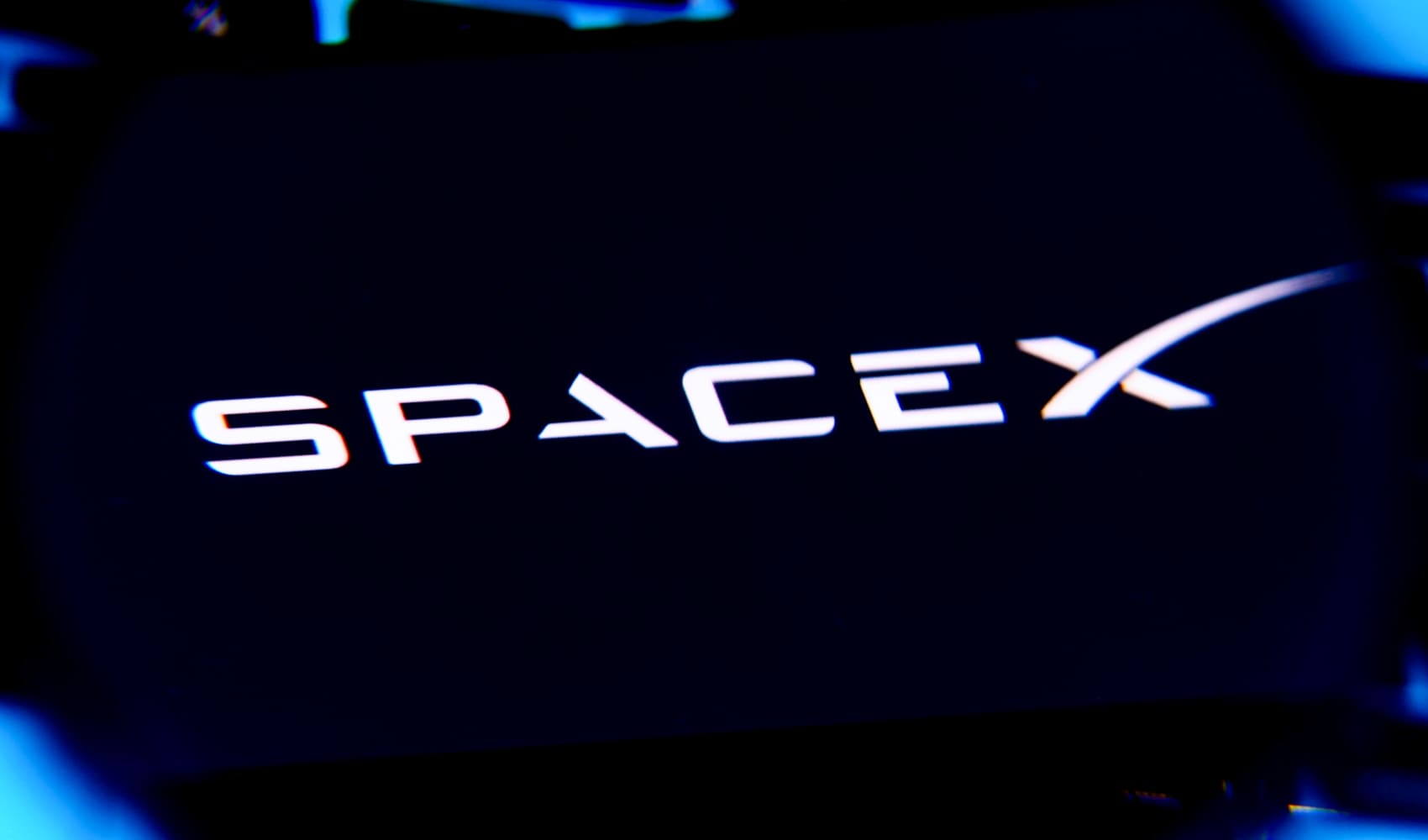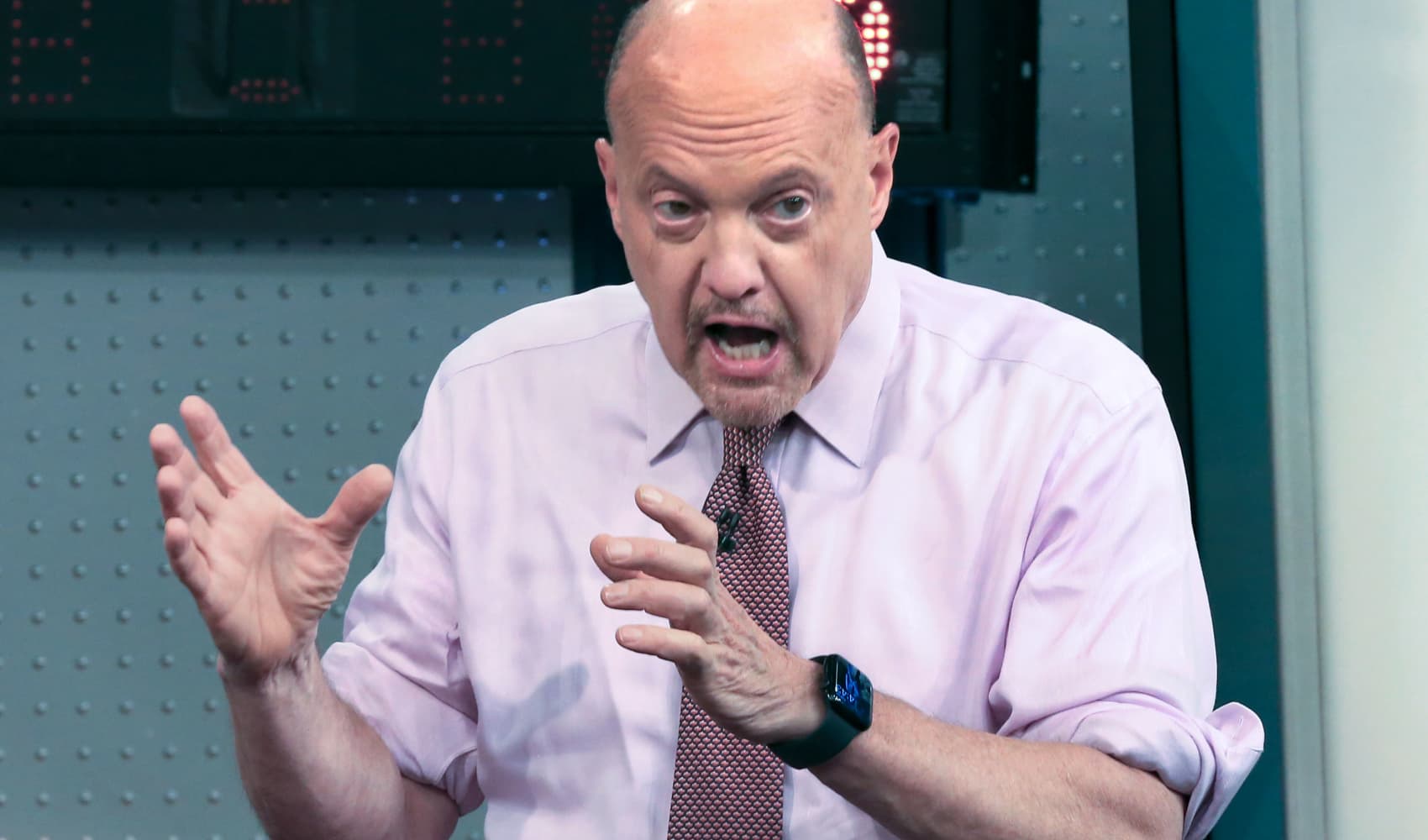
- Byton, Foxconn and Nanjing Development Zone signed a strategic cooperation framework agreement on Monday to jointly produce Byton's M-Byte SUV by the first quarter of 2022.
- The move marks a big push by Foxconn into auto manufacturing as it tries to diversify its business beyond just assembling consumer electric products.
- Foxconn, which trades Hon Hai Precision Industry Co., saw its shares jump over 4% on Tuesday after they closed over 8% higher on Monday.
GUANGZHOU, China — Apple iPhone maker Foxconn has signed a deal with Chinese electric carmaker Byton to help produce its first vehicle.
The move marks a big push by Foxconn into auto manufacturing as it tries to diversify its business beyond just assembling consumer electric products.
Foxconn, which trades as Hon Hai Precision Industry Co. in Taiwan, saw its shares jump over 4% on Tuesday after they closed over 8% higher on Monday.
Byton, Foxconn and Nanjing Development Zone signed a strategic cooperation framework agreement on Monday to jointly produce Byton's M-Byte SUV by the first quarter of 2022.
Foxconn will provide its expertise in advanced manufacturing technology, operational management experience and will share industrial resources, according to a statement from the companies.
The agreement could provide a lifeline for Byton which first revealed the M-Byte in 2018 but has since struggled to ramp up production. The Nanjing, China-based company had to suspend production in July and undergo a reorganization after the coronavirus pandemic hurt the business.
Money Report
For Foxconn, the deal is a way to diversify its business. Last year, Foxconn launched a set of tools that would allow a company to design large parts of an electric car that would be manufactured by the Taiwanese firm. These tools include a chassis as well as software for the vehicle.
Foxconn has already been supplying automakers including Tesla with specific components.
China's electric vehicle market continues to show strong growth. Electric car start-ups Nio, Li Auto and Xpeng each announced in the last few days that deliveries surged in 2020 to close out the year with new monthly highs.






